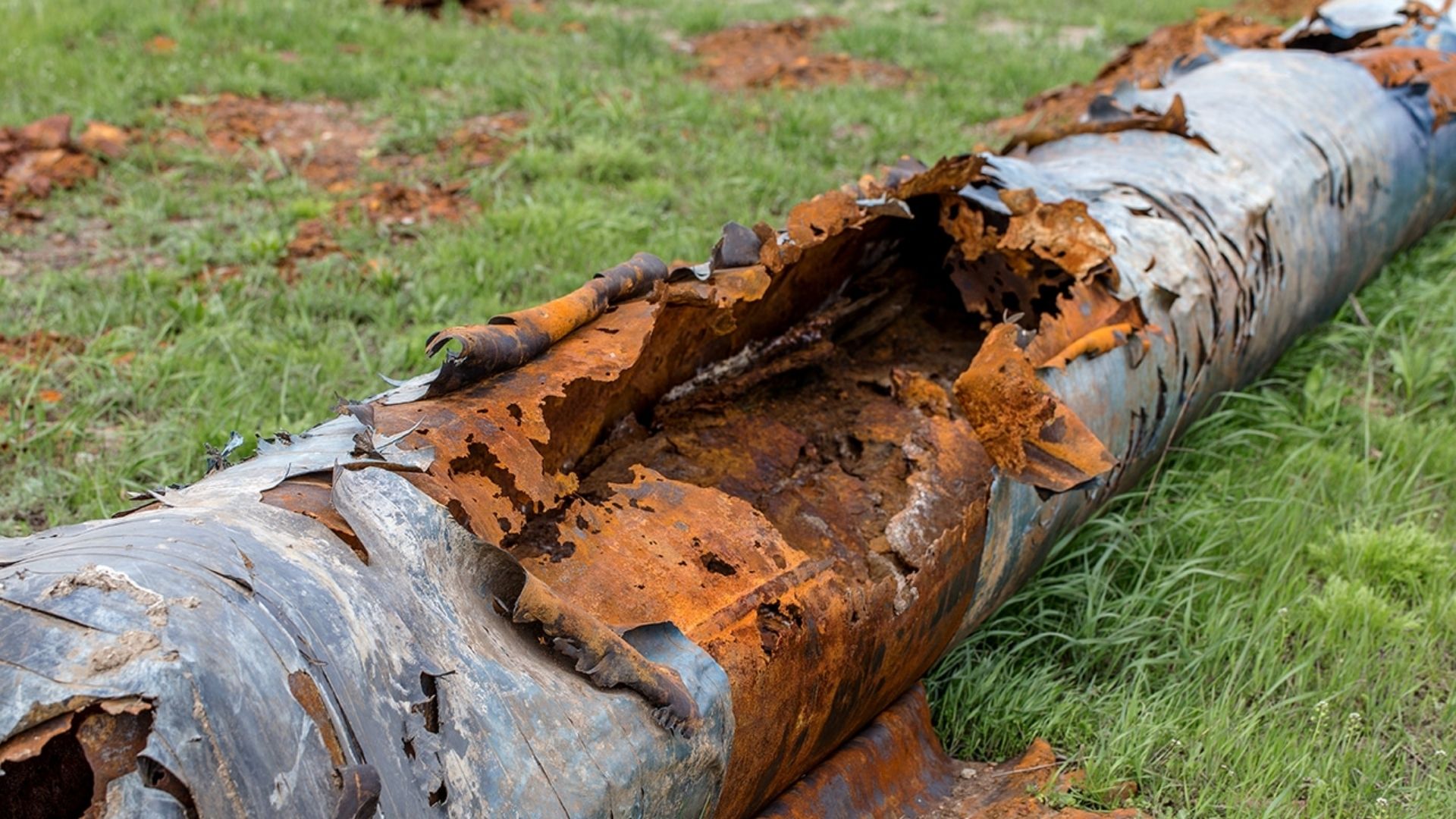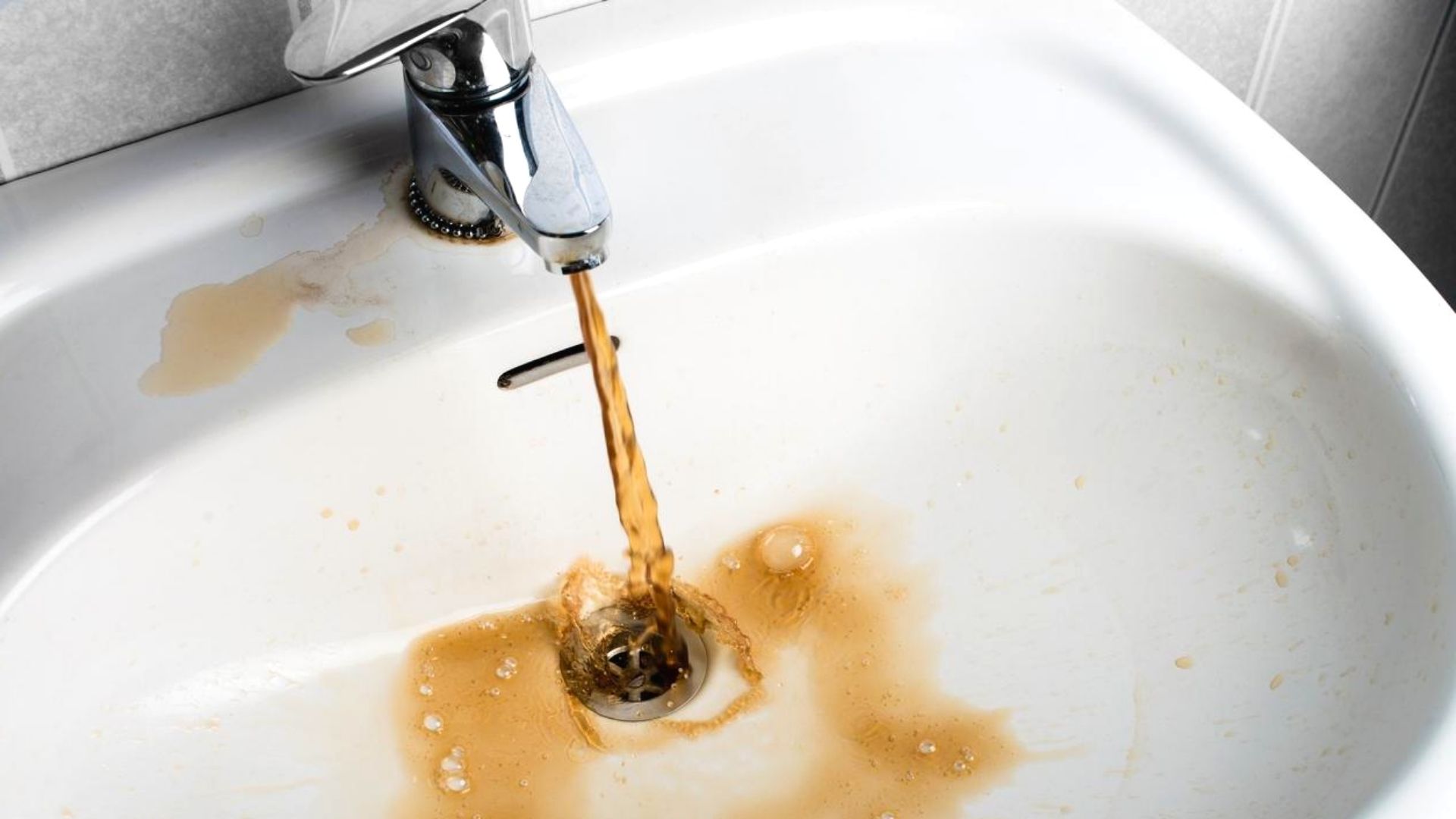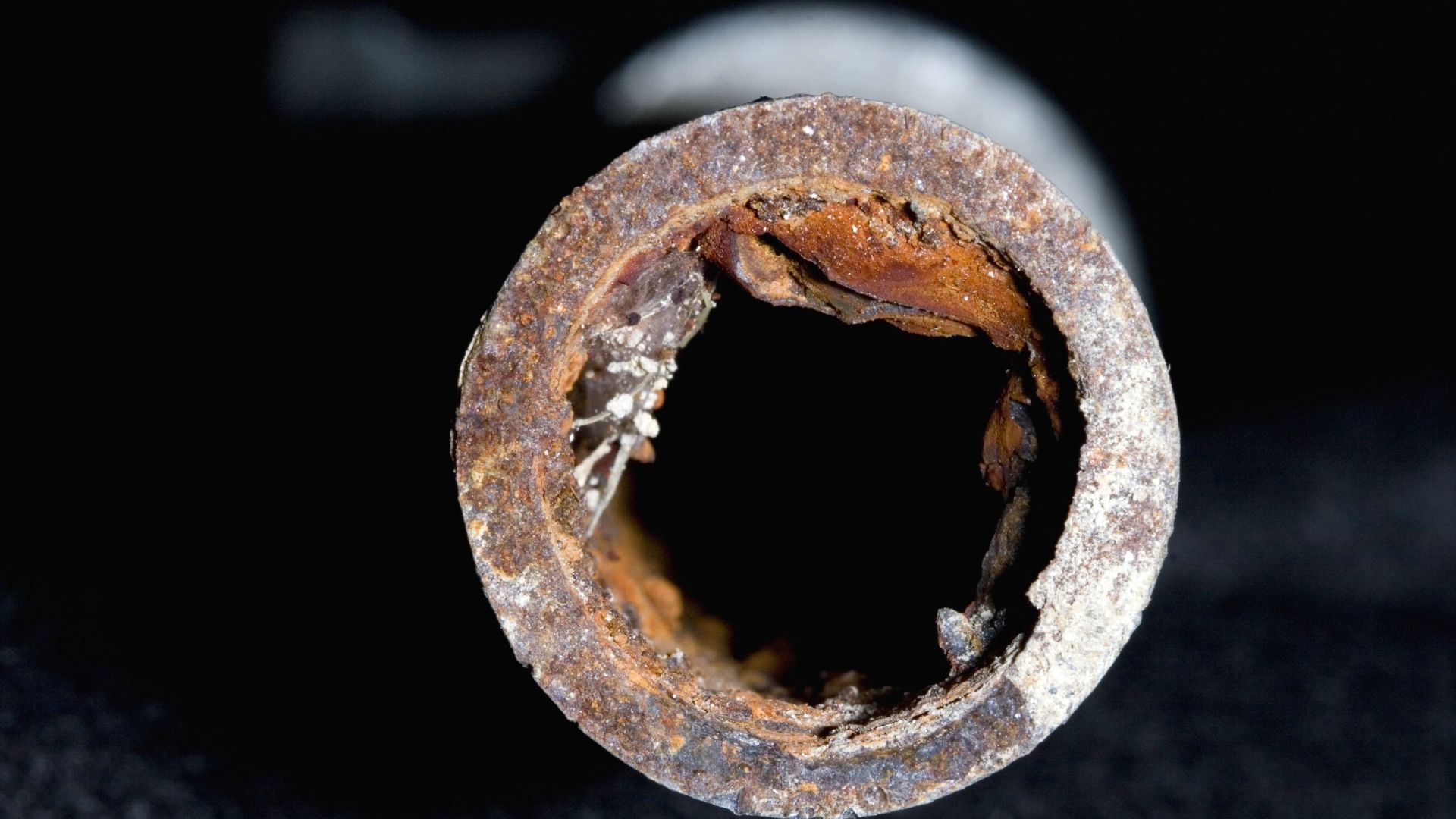7:00AM to 5:00PM
Are you having issues with the plumbing system at home? If you’re a homeowner whose house is a few years old, your piping must also be new. In that case, if it breaks down, then repairing it is usually enough. However, if you have an old property, the piping system might be ancient, probably a galvanized steel pipe, and will eventually lead to replacement. Suspect copper pipe corrosion? Maybe galvanic pipe corrosion weakens your cold water pipes and hot water lines.
Most pipes last upward for decades, even if you have a plastic or pex pipe. You probably won’t have to replace copper pipes soon if you have copper pipes. Your copper piping can last for up to 50 years. But if it’s been longer than that, you must thoroughly inspect the piping. You could have a corroded plumbing system. Your pipe material is a crucial factor to consider when installing, repairing or replacing them.
In the meantime, read the six signs of pipe corrosion or corroded metal you must watch out for. It’s better to act fast on that pipe corrosion problem!
Hair and lint often get stuck in drains, causing them to get blocked and leading to other plumbing problems. However, you can always try using chemical drain cleaners to solve the clogged issue in your plumbing systems. But there can be different reasons, too, for your blocked drains. One of them is pipe corrosion. The metal pipes had aged and corroded from the inside out with time.
Galvanised steel pipes, especially, are prone to pipe corrosion or corrosive elements. Unfortunately, once the pipes begin to corrode, there is no going back, and they’ll need to be replaced sooner or later. Like other plumbing issues, this is not something you can patch up with quick and effective solutions. You’ll have to consider complete pipe replacement.
We recommend calling a professional as soon as possible for your internal pipeline corrosion problems for some treatment or solution before the blockage becomes a bigger plumbing problem and repair becomes more expensive.

This is one of those evident signs and almost impossible to miss. It’s relatively easy to catch a crack in a pipe because you’ll be able to see water gush out of it. The water could be in the form of a whole stream or just a drizzle. It’s best to spot cracks early to avoid flooding later.
If you’ve got a pipe breaking under your driveway or behind a wall, you’ll know it soon. Over time, water soaks through the floors and walls to create a mouldy spot. In extreme cases, this can lead to the plaster falling through.
So, to minimise damage to your home, always check for wet spots and have them examined by a professional.
Cracks aren’t the only cause of leakages from pipes. In many cases, faulty connections between the pipes are the culprit.
A leak always starts small, usually with small drips. But if ignored, the leak can worsen as the problem continues.
It’s best to call a professional plumber who can help repair the leak and prevent further damage. However, if the problem is severe, you might have to replace your pipes or hire a professional to perform pipe relining.
Picture this… you’re taking a shower or doing the dishes. You turn the tap on and see that the water coming out is discoloured and smells weird. We would be grossed out, and we’re sure so would you!
This problem could be temporary and go away after chatting with the local water supply office. However, it could also indicate a piping problem—usually rusting or corrosion.
Wait a day to check whether the water returns to normal. If it doesn’t, we suggest calling a plumber immediately to check it out. In addition, we recommend avoiding bathing with that water or drinking it.

If you’ve noticed lately that water doesn’t flow from the taps with the same pressure as before, the poor water pressure may indicate a corroded pipe. As pipes age, they tend to wear out, and when that happens, the water supply may be affected, and it may be time for a replacement.
However, before calling a professional to check things out, cross-check with your local water office once. It could be an issue with the main water supply, so rule that out before calling a plumber.
Despite the dangers of lead piping, they are still commonly found in some places. Thousands of homes get water via lead service lines, and certain houses still retain their old lead plumbing.
However, continuous exposure to lead can have devastating effects on health, especially for children. It can lead to reduced intellectual growth and learning disabilities in the long run.
So, get regular inspections and check whether your plumbing is lead-free. If the piping is in contact with the lead, get that sorted.
After a few years, most pipes need to be replaced because pipes wear out with time, like any other building material. Here is the expected lifespan of kinds of piping:
The only exception to this rule is pipes made of PVC, which last indefinitely and never need replacing. However, if you’re unsure about what your pipes are made of, book an appointment with a plumber and have them checked out. This is especially important if you’ve bought a house that’s many years old.
There can be a whole bunch of reasons why pipes corrode. Many factors influence the speed and degree of corrosion, and they may act individually or in conjunction with other factors. Some of the common factors are:
In most cases, oxygen and moisture exposure are the main culprits behind pipe corrosion. The water composition is a reason, but it’s not the main reason since even the best-quality water may not save a pipe from corrosion.
Exposure to oxygen leads to rusting, for which temporary solutions such as plumber wax or lubricants that loosen thread are available. However, in the long run, oxidised metals and the resulting chemicals in the water can adversely affect your health. This is why the corroded pipe sections should immediately be replaced or removed.
The soil surrounding the house can also influence pipe corrosion or failure. If the soil is in bad condition or clayey, it can cause contamination and leaking.

We’ve mentioned a lot of different kinds of issues in this guide, along with some other types of ways to tackle them yourself. So, not every case requires a plumber’s advice since if a plumber were to be summoned for every minor breakdown, your bills would soar!
However, corroded pipes require a professional appraisal since a regular homeowner is unequipped to fix or replace them. In addition, piping can be complex and spread over a huge area, which might require an entire plumbing crew to tackle.
Please contact us if you are on the Gold Coast. In addition to identifying the problem, we can help you find an appropriate solution for your corroded pipe that suits your home and budget. We are a friendly, professional team delivering exceptional plumbing services on the Gold Coast.
We’re the experts when it comes to your home plumbing systems. From replacing corroded pipes or total pipe replacement to fixing a serious leak and burst pipes, discoloured water and dealing with hard water, a malfunctioning water heater or hot water system, helping you with your high water pressure or low water pressure, and other issues in other areas— you can rely on us! Our team goes the extra mile to provide you with the solutions you deserve in the best way possible.
With this, we’ve ended our guide and hope to see you again soon!